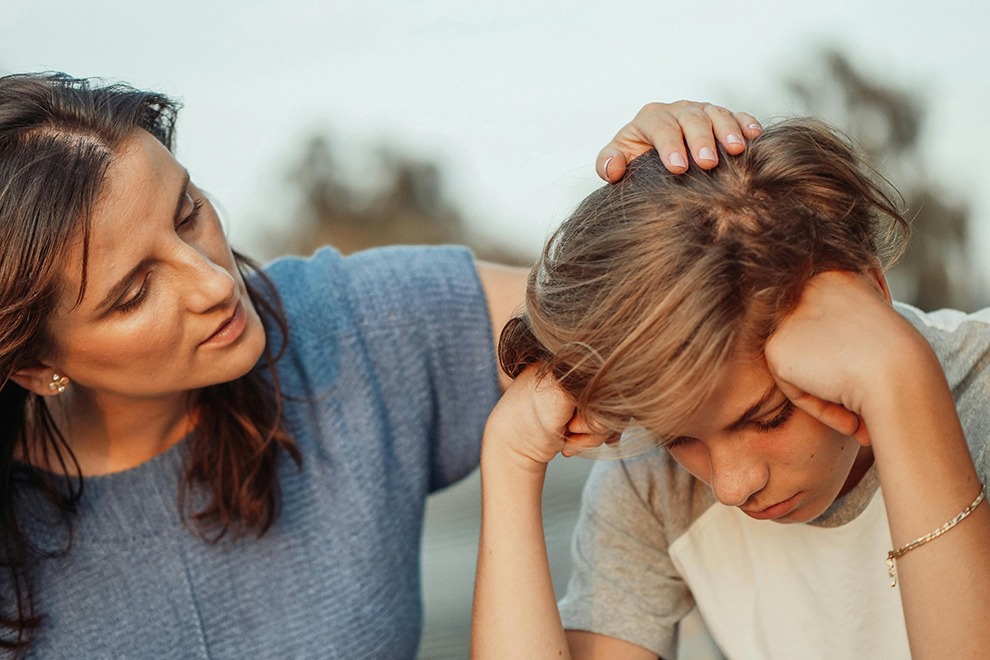“You may think it’s fine for your daughter to have sex, or you may have been scouting out chastity belts online. Either way, you certainly don’t want her to contract an STD, and you wouldn’t want her to get pregnant before she’s ready. If you think there’s any chance she’s going to have sex before marriage, we think she should know about contraception,” Everything You NEVER Wanted Your Kids to Know about SEX argues.
While I realize beliefs about how best to promote safe sex vary, I’m inclined to side with the scientists Robinson and Schuster site, who claim that “learning about contraception may help to drive home the risks of sex and thereby discourage some teens from having it.”
Robinson and Schuster explain, “The trick is to talk about contraception in a way that conveys your reluctance about sex and your endorsements of safety. This may already be a familiar conversation for you, the don’t-do-this-but-if-you-do-it-do-it-safely talk. (Remember “Don’t drink – but if you do drink, don’t drive.”)”
Everything You NEVER Wanted Your Kids to Know about SEX suggests you try something like this:
“You know I don’t think you’re ready to have sex. I think kids should wait at least until high school/college/marriage/they’re in love. But I know that some of your friends are having sex, and you might decide to do it, too. So I want to make sure you know about contraception.”
Educate your children to always use a condom, and then, since it’s not a perfect method, decide on a back-up. Robinson and Schuster point out, “When picking a method, you and your teenager should first try to determine whether you think she would be closer to a perfect user or a typical user. Many adolescents are much closer to typical users, often falling on the more erratic side of typical. But that doesn’t mean you daughter can’t be a perfect user.”
Robinson and Schuster believe you should consider the following:
· Is there evidence that she could remember to take a pill every day without fail?
· Does she floss every day?
· Does she wear a seat belt every time she’s in the car?
· Does she turn in her homework on time?
The idea being, Robinson and Schuster explain, “If she hasn’t demonstrated that she can be responsible about other personal habits, a contraception practice that requires remembering to do something every day or to plan in advance may be out of reach.”
The reality is condoms break and diaphragms become dislodged and the best of intentions to wait are often forgotten in the moment. Therefore, if your daughter finds herself in such a situation, she could be in need of emergency contraception (EC). Since EC pills require a prescription, Robinson and Schuster, suggest your daughter gets one to hold on to just in case she needs it some day. “You may fear that EC will make your daughter more likely to take chances. The studies show that giving women EC to keep just in case does not discourage them from using their regular contraception.”
While I’d like to believe my daughters will come to me in this situation, I suspect they may opt to wait it out, hoping the close-call amounts to nothing, so they can avoid an awkward conversation. L et’s face it. Just as we’re living in denial, telling ourselves it’s someone else’s child having sex, they’re doing the same, telling themselves it’s someone else who is getting pregnant or contracting an STD. Unless, we model how to prepare in advance, what makes us think they will too?
Don’t forget to like Parenting by the Book on Facebook for updates on blog posts.
Check out Victoria Winterhalter’s other blog, Befriending Forty (http://befriendingforty.blogspot.com), and find out what happens when the person you thought you’d be meets the person you actually became.




